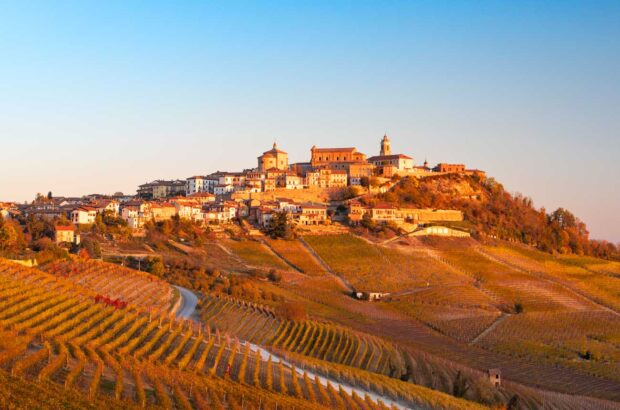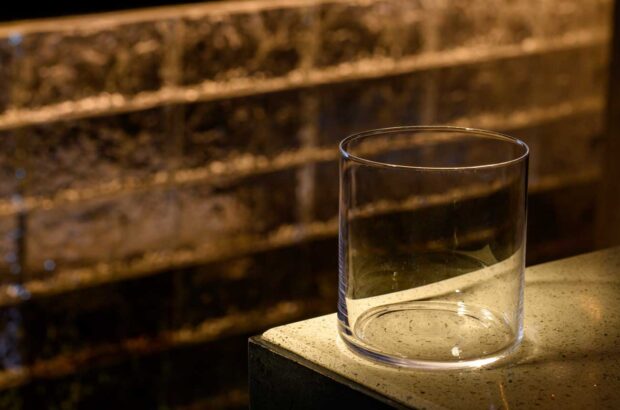On these pages you will find everything you need to know about investing in wine: the top ten investment brands, top ten traded wines, the best Bordeaux vintages to invest in, the best Lafite vintages, other investment wines, which merchants to contact and much more...
How to invest in wine – Top Ten Investment Tips
1. Only buy your wines from reputable, well established merchants or suppliers. This particularly applies to en primeur purchases. A small number of merchants have gone bust, leaving consumers unable to get their money back or receive their wine.
2. If you are buying wine from a wine investment company, do not pay an up front commission fee. Some specialist investment companies have been known to charge 25%. Similarly, do not deal with anyone who uses cold calling or strong arm sales tactics. Do not deal with anyone who operates via a PO Box. Be wary of anyone whose prices are too low or too high.
3. Keep your wines in a professionally managed bonded warehouse. This can be done independently through your own account or through your merchant and will ensure that your wines are kept in good condition, which is vital for their resale value. It also means you will avoid paying VAT and Duty when you re-sell your wine. However, do compare storage facilities and prices as they can vary quite significantly.
4. If you are dealing with a wine fund or specialist wine investment company, look at their track record. How have their funds or porftolios performed historically. Also check what charges and commissions are involved.
5. If you are buying independently for a capital return, stick to investment grade, red Bordeaux from the best vintages. Bordeaux makes up over 90% of the wine investment market. Bear in mind that generally, the back vintages offer greater investment potential than more recent vintages. (See Top Ten Investment Brands below.)
6. When you are buying wine for investment (or drinking), always compare prices and shop around. A good way to do this is on www.winesearcher.com
7. Rather than buy a large number of inexpensive cases, it makes more sense to buy a small number of high value wines. Otherwise, annual storage charges will significantly reduce your profits.
8. Generally, wine does not attract capital gains tax as it is considered a wasting asset by the revenue.
9. If you are buying wine, do not invest more than you can afford to lose. Wine has proved to be a resilient asset class over the long term, but recent events have shown that wine prices do go down as well as up. Wine should only represent a small part of your overall investment portfolio.
10. Champagne has provided some very good returns to investors at certain times during the last five years. At times it has even outperformed top class claret. However, only stick to the top prestige cuvees such as Krug Vintage, Roederer’s Cristal and Dom Perignon. Also bear in mind that some consider Champagne to be a more risky investment compared to red Bordeaux.







